We continue to dive into the critical topic of Indigenous rights and issues they face with Leslie Anne St. Amour, a Bonnechere Algonquin First Nation member and the Campaigns Director for Raven. This episode offers a profound exploration of the historical and contemporary challenges faced by Indigenous communities, emphasizing the importance of understanding and addressing systemic injustices. Specifically,
The Impact of Laws and Treaties
Leslie Anne provides a detailed account of how historical laws and treaties have adversely affected Indigenous communities. One poignant example is the creation of Algonquin Park. Initially intended to protect trees for logging companies, this initiative systematically excluded indigenous people from the area, leading to significant displacement and land theft.
Key Points:
Algonquin Park Creation: Designed to protect logging interests, not Indigenous rights.
Displacement: Indigenous communities were forcibly relocated to facilitate national park creation.
Land Theft: Systematic exclusion from ancestral lands.
Systemic Discrimination in Legislation
The Indian Act is highlighted as a prime example of systemic discrimination. This legislation enforced sex discrimination and restricted Indigenous people from hiring lawyers to advocate for their rights. Such laws have had long-lasting detrimental effects on Indigenous communities.
Key Points:
Sex Discrimination: The Indian Act enforced discriminatory practices against Indigenous women.
Legal Restrictions: Indigenous people were prohibited from hiring legal representation.
The Residential School System
The residential school system is another dark chapter in the history of Indigenous rights. Indigenous children were forcibly removed from their families, subjected to abuse, and prohibited from speaking their languages. This system aimed to erase Indigenous cultures and identities.
Key Points:
Forced Removal: Indigenous children were taken from their families.
Abuse and Prohibition: Children faced abuse and were forbidden from speaking their native languages.
Cultural Erasure: The system aimed to assimilate Indigenous children into settler culture.
The Importance of Oral Traditions
Leslie Anne emphasizes the significance of oral traditions in Indigenous cultures. These traditions underscore the longstanding presence of Indigenous nations on the continent and highlight the deliberate actions taken by settlers to impose rules and treaties without genuine consultation or respect for Indigenous perspectives.
Key Points:
Oral Traditions: Vital for preserving Indigenous history and culture.
Lack of Consultation: Settlers imposed rules and treaties without genuine engagement with Indigenous communities.
Actionable Advice:
Support Indigenous Organizations: Engage with organizations like Raven that advocate for Indigenous rights.
Educate Yourself: Learn about Indigenous issues and the historical context of systemic injustices.
Advocate for Change: Use your voice to support policies and initiatives that promote Indigenous rights and rectify historical wrongs
.

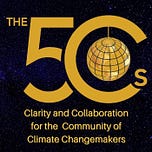

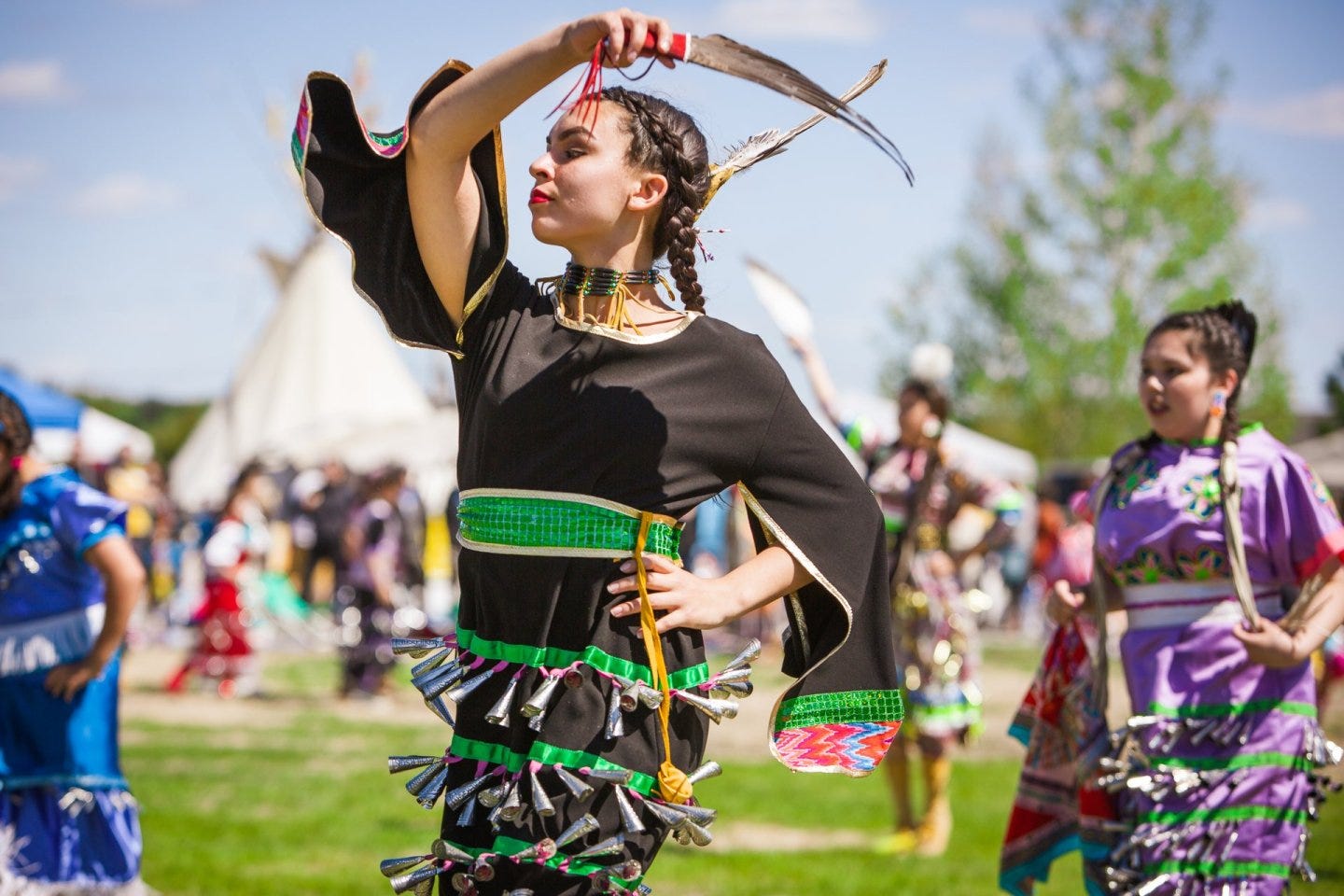

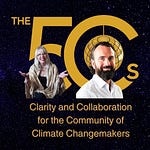
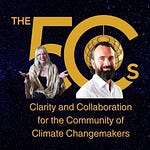
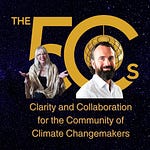
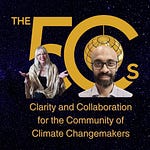
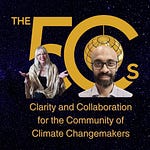
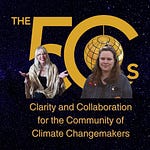
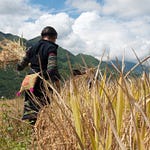
Why are Indigenous Perspectives Overlooked?